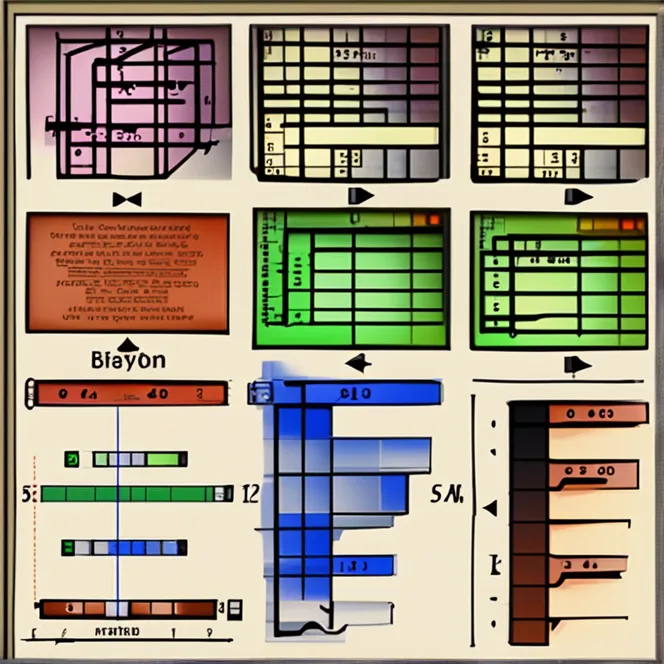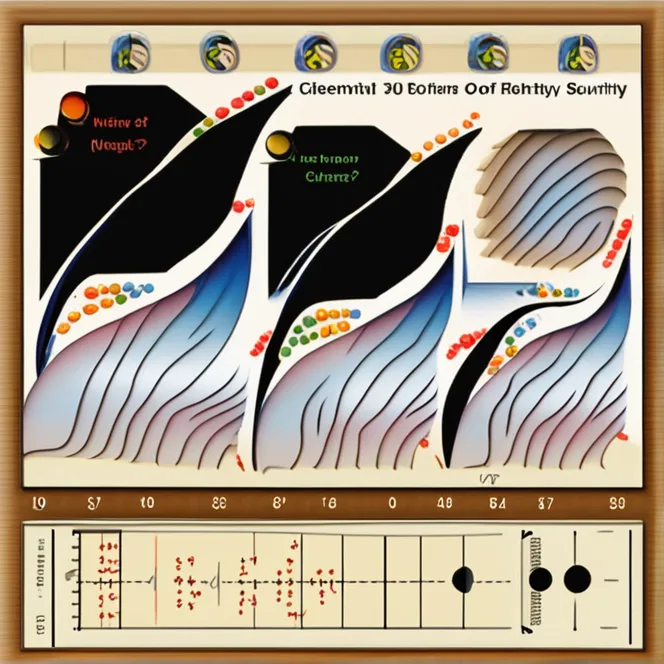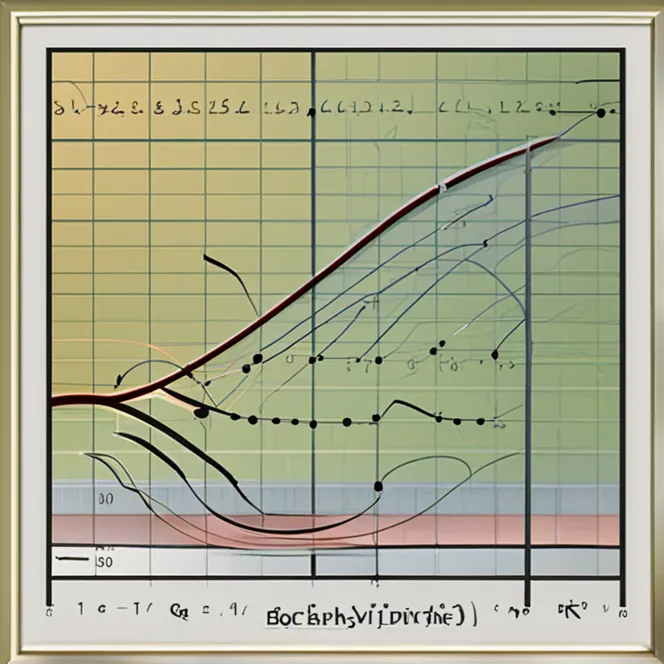
Exploring The Reality Of Biorhythms
Unveil the science and skepticism behind biorhythms as we explore their validity and impact on human life.
article by Adrian Wallace
The Concept of Biorhythms
Get acquainted with the notion of biorhythms: an intriguing blend of biological cycles believed to influence various facets of our physical and emotional states. Originating in the early 20th century, the theory postulates three primary cycles: the 23-day physical cycle, the 28-day emotional cycle, and the 33-day intellectual cycle. Proponents of biorhythms are convinced that tracking these cycles can enhance decision-making and personal well-being by aligning activities with the natural rhythms of the body.
The Foundation of Biorhythms
The genesis of biorhythms traces back to Dr. Hermann Swoboda and Dr. Wilhelm Fliess, pioneers who independently discerned repeating patterns in various aspects of life. Their studies laid the groundwork for the biorhythm theory, which suggests that individual behavior and performance are predictable based on these natural cycles. While the initial excitement provided a foundation, scientific validation for biorhythms has been a subject of ongoing debate.

Scientific Scrutiny
In the quest for legitimacy, biorhythms have been subjected to rigorous scientific examination. Numerous studies have attempted to correlate the peaks and troughs of these cycles with actual human performance and well-being, yielding mixed results. Critics argue that the evidence for biorhythms is largely anecdotal and fails to satisfy scientific standards, with skepticism grounded in the lack of empirical data to robustly back the theory’s claims.

Psychological Acceptance
Regardless of scientific backing, many individuals embrace biorhythms as a personal guidance tool. This psychological acceptance speaks to the human desire for patterns and control over life's uncertainties. While the empirical evidence may not fully confirm biorhythms' predictive powers, their popularity endures, suggesting a placebo effect or a self-fulfilling prophecy for believers where mere belief in the cycles influences their experiences and outcomes.
Practical Application of Biorhythms
Enthusiasts of biorhythms advocate for their practical application in daily life, recommending consideration of these cycles when scheduling activities requiring heightened performance or emotional resilience. Whether it’s choosing the best time for a job interview, a competitive event, or even a significant conversation, adherents claim that awareness of one’s biorhythm can provide a strategic edge.

Biorhythms in the Digital Age
The digital revolution has given rise to a plethora of apps and online calculators, making it easier than ever for individuals to track their personal biorhythm charts. This accessibility has enhanced the allure of biorhythms, with tech-savvy users charting their courses with the touch of a button. However, accessibility does not equate to accuracy, and users are encouraged to engage with such tools with informed skepticism.
The debate over the reality of biorhythms persists, oscillating between scientific skepticism and personal belief. What remains indisputable is the enduring human fascination with uncovering the secrets of our biological clocks. Biorhythms, whether definitively proven or not, continue to intrigue and offer a personalized lens through which some view their lives and make choices day by day.
Published: 12/8/2023
Modified: 12/8/2023
More predictions
Come back here soon to learn more about yourself and your future


Unlock Your Bio-Rhythm Secrets
Discover the insights of your biological cycles with our cutting-edge biorhythms calculator. Tap into the rhythmic flow of your life energies and optimize your daily well-being.


The Power Of Biorhythms Calculator
Unravel the mystery of your personal biorhythms with our insightful calculator and discover how they influence your daily life and future decisions.


Biorhythms: Unlocking the Code of Biological Rhythms
Explore the fascinating world of biorhythms and how they influence our physical, emotional, and intellectual states throughout life.